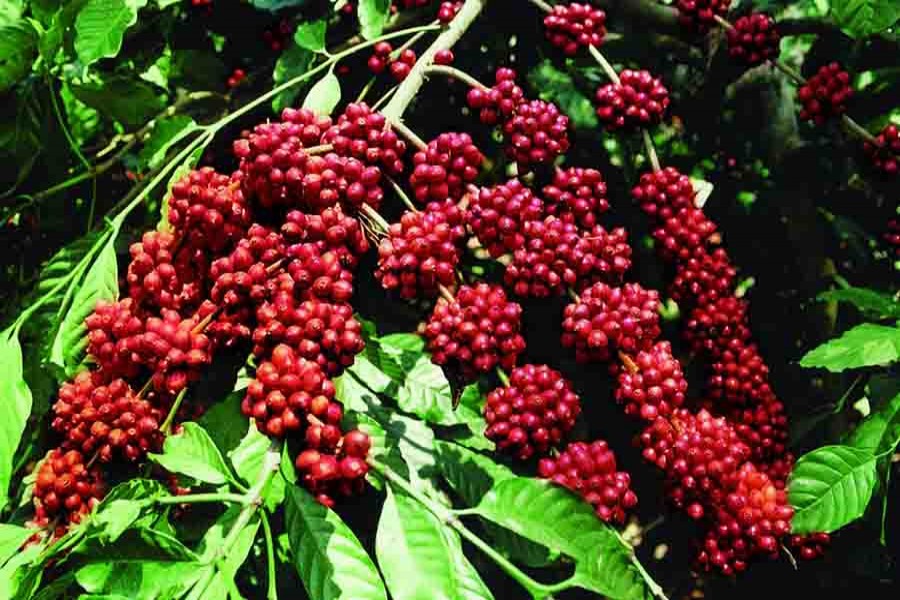Kerala is the second largest coffee producing state in India, contributing to over a fifth of the country’s total production and employing over 44,000 people, according to a report by LiveMint.
Wayanad, Travancore and Nelliampathi have high concentration of coffee plantations. They are also among the areas affected by the Kerala floods and the resulting landslides.
Kerala is second only to Karnataka, which accounts for 70 per cent of the country’s coffee production, most of it coming from Kodagu region. Kodagu also bore the brunt of Kerala floods.
While Kerala accounts for 20.8 per cent of India’s coffee production, Wayanad district in the north-eastern part of the state produces its largest share.
Arabica and Robusta are the most common varieties, and about 80 per cent of the produce is exported. Coffee came to India only in the 17th century, but has since established its own distinctiveness. It’s often tagged “Indian monsooned coffee”. However, the extent to which the recent rains damaged the production is not yet known.
Kerala accounts for 19 per cent of the total area under coffee plantation in the country.
Wayanad, Travancore and Nelliampathi have 85,000 hectares under coffee plantation, roughly 2.0 per cent of the state’s land area.
However, it is distributed across 77,475 holdings, most of them less than 10 hectares. Kerala’s productivity measured by kg/hectare was around 774 in 2017-18. Karnataka’s Kodagu accounts for 25 per cent of India’s coffee plantation, and has a productivity of 1,142 kg/ha.
Kerala’s land productivity might be lower, but its labour productivity is higher compared to Karnataka’s. It produces 1.48 tonnes of coffee per person employed compared to Karnataka’s 0.43 tonnes per person. In all, the state employs 44,200 people in its plantations. In other words, it accounts for a fifth of coffee production, while using just 7% of people who work in coffee plantations in the country.


